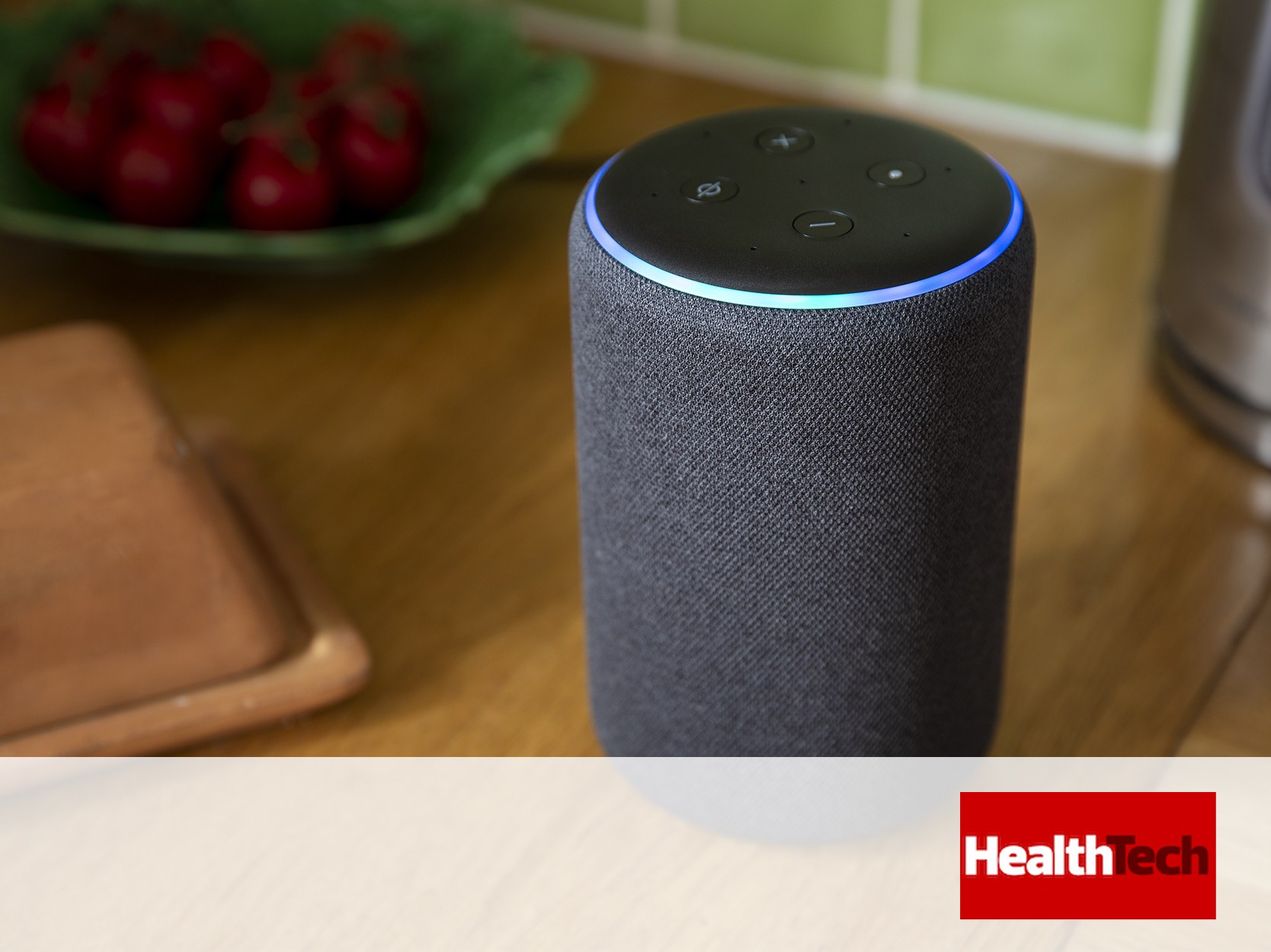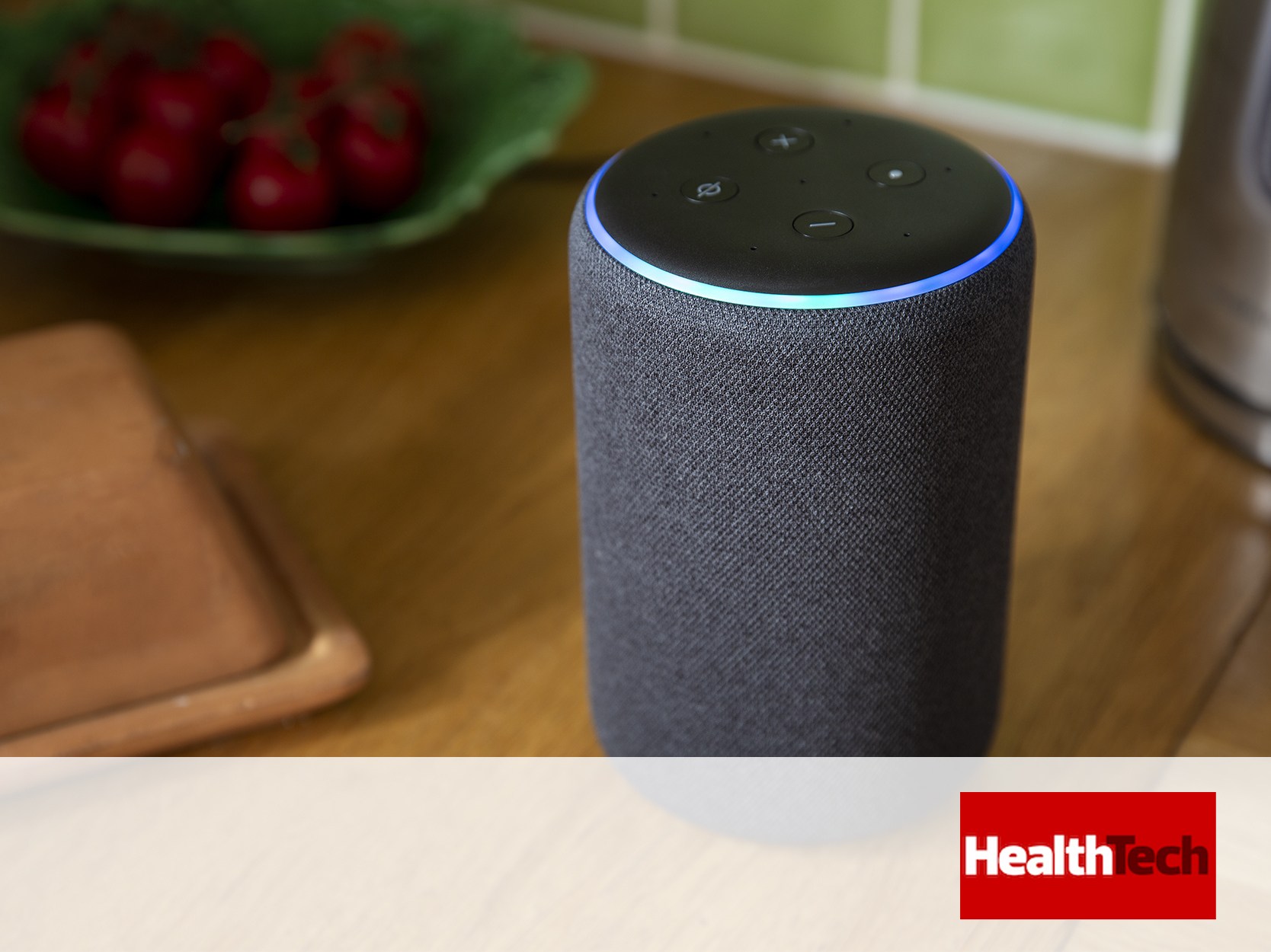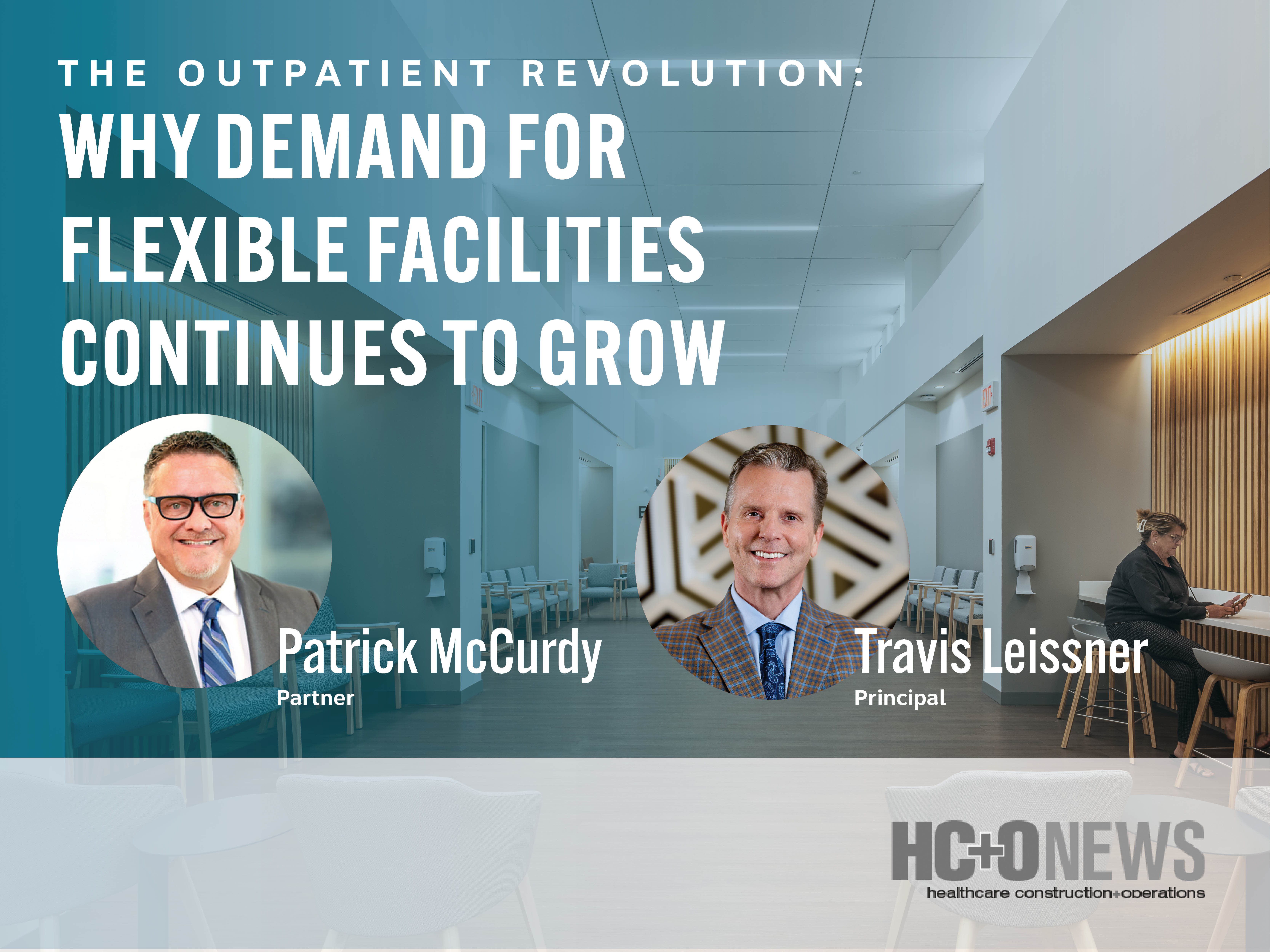The Outpatient Revolution: Why Demand for Flexible Facilities Continues to Grow
In a recent HCO News feature, Patrick McCurdy and Travis Leissner explore how healthcare delivery is rapidly evolving toward accessible, efficient...
1 min read


Smart speakers are becoming as pervasive in healthcare systems as they are in homes. A report from IHS Markit Technology predicts that more than 900,000 of these devices will be used across the healthcare industry by next year.
One reason why: They help.
In offering hospitals benefits such as improved patient outcomes and staff efficiencies, the high adoption rate comes as little surprise to Stephanie Winer Schreiber.
“Hospitals and healthcare systems have a number of goals, but their first and foremost is how to best improve patient care,” says Schreiber, a corporate and healthcare attorney with Buchanan Ingersoll & Rooney. “And second, it’s how to best improve a patient’s experience while improving care. Often, that involves new and different technologies to accomplish those goals.”
Improving the patient experience can prove particularly challenging in patient rooms, exam rooms and waiting areas, says Corey Gaarde, senior technology specialist and associate vice president of design firm Hoefer Welker. For Gaarde, smart speakers are viewed as a way of introducing “concierge-level services” in each of those locations.
Gaarde also points out that, despite the devices’ advantages, hospitals can’t simply place smart speakers in every patient’s room. To truly improve care and patient experience, healthcare systems must first consider the security and privacy concerns the devices present.

In a recent HCO News feature, Patrick McCurdy and Travis Leissner explore how healthcare delivery is rapidly evolving toward accessible, efficient...

Hoefer Welker is serving as architect for a proposed 33-story residential high-rise at 16th and Broadway in downtown Kansas City. Developed by EPC...

As we kick off the new year, our team at Hoefer Welker is taking the opportunity to reflect on the excellent year we had in 2025. Thanks to the...